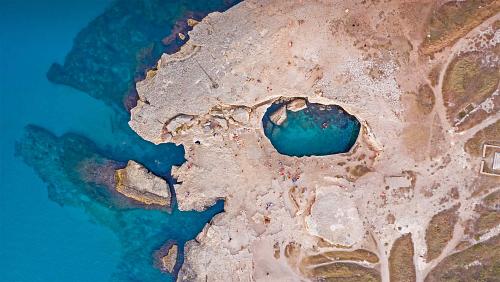Madagascar, an island nation off the southeastern coast of Africa, is known for its biodiversity and stunning natural landscapes. However, like many developing countries, it faces challenges in waste management and disposal. In recent years, a new innovation has emerged that is revolutionizing waste disposal in this unique country – small home incinerators.
The Problem with Waste Disposal in Madagascar
Madagascar has struggled with waste management for decades. With limited infrastructure and resources, much of the country’s waste ends up either in landfills or illegally dumped in the natural environment. This has led to pollution of land and water, as well as negative impacts on public health and wildlife.
Enter Small Home Incinerators
To address the waste disposal problem, innovators in Madagascar have developed small home incinerators that allow families to safely and efficiently dispose of their household waste. These incinerators are designed to burn waste at high temperatures, reducing it to ash and minimizing harmful emissions.
Benefits of Small Home Incinerators
Small home incinerators offer a number of benefits for communities in Madagascar. They provide a clean and convenient way to dispose of waste, reducing the need for landfills and illegal dumping. In addition, the incinerators help to reduce the spread of disease and pollution, promoting a healthier environment for both people and wildlife.
Impact on the Environment
The introduction of small home incinerators in Madagascar has had a positive impact on the environment. By reducing the amount of waste sent to landfills and dumped in natural areas, the incinerators help to preserve the country’s natural beauty and biodiversity. Additionally, by minimizing harmful emissions, they contribute to cleaner air and water for local communities.
Challenges and Opportunities
While small home incinerators have brought significant improvements to waste disposal in Madagascar, there are still challenges to be addressed. These include ensuring that the incinerators are used properly and safely, as well as addressing the long-term sustainability of the program. However, the success of this innovation demonstrates the potential for small-scale, eco-friendly solutions to make a big impact in developing countries.
Looking to the Future
As the use of small home incinerators continues to grow in Madagascar, there is hope for a cleaner and healthier environment for all. This innovation not only addresses the immediate need for waste disposal, but also sets a precedent for eco-friendly solutions that can be applied in other developing countries facing similar challenges.








